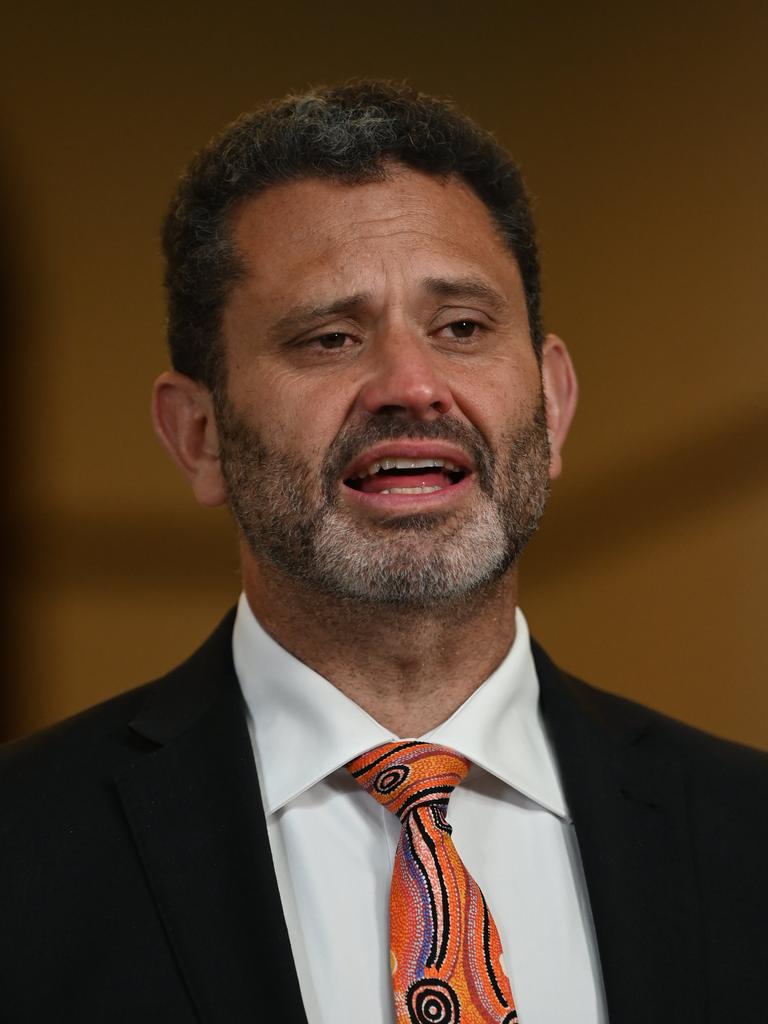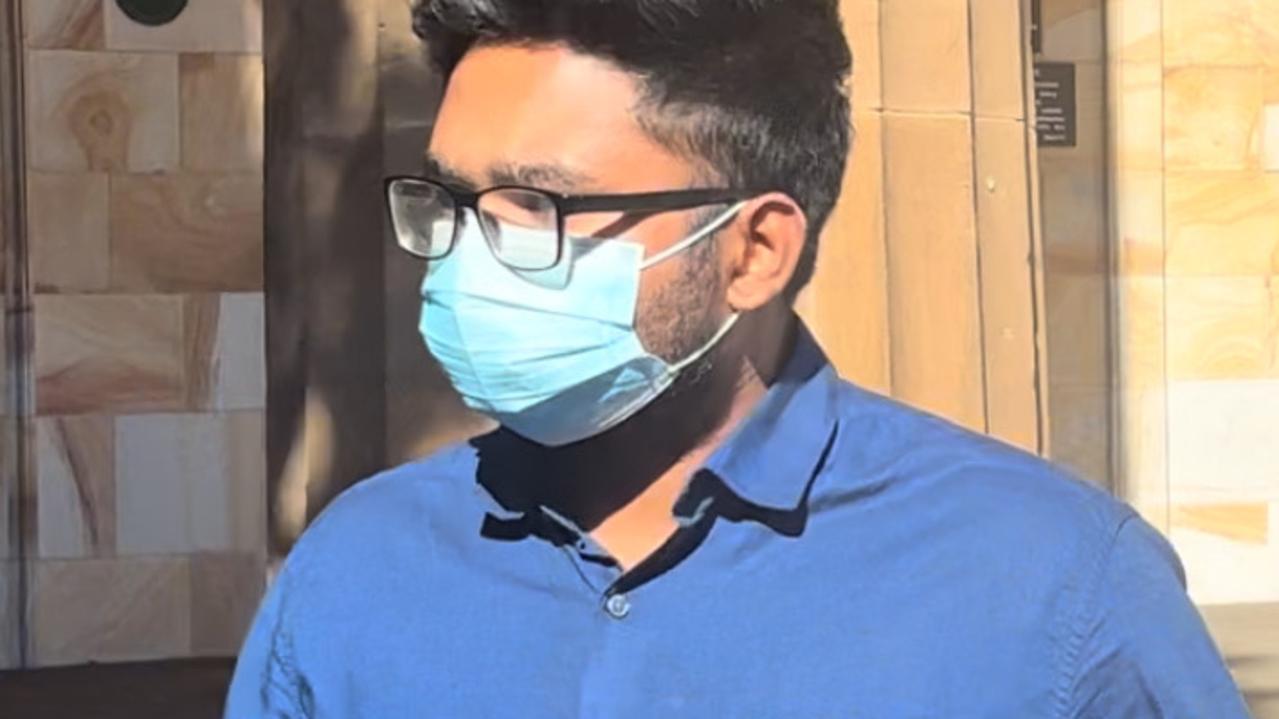Tougher stalking laws have passed State Parliament, reducing the threshold for criminal offending
Tougher stalking laws have passed state parliament, holding perpetrators to account and ensuring all forms of technology are covered.

Police & Courts
Don't miss out on the headlines from Police & Courts. Followed categories will be added to My News.
Tougher stalking laws have passed state parliament, now making it easier for authorities to take action against perpetrators.
The reforms, which were developed in consultation with victim support services and the justice sector, lower the threshold required to prove the offence of stalking and capture a broader range of harmful stalking activities.
Previously for police to prove a person is guilty of stalking, they would have to show that these behaviours occurred on at least two separate occasions and the person intended to cause either serious physical or mental harm or serious apprehension or fear.
However, the reformed stalking offence will now cover stalking with intent to cause any physical or mental harm instead of only serious physical or mental harm.
It will also now apply even if a person committing a stalking offence did not specifically intend to cause harm or fear, but should reasonably have known that the conduct would be likely to cause harm or fear.
Further, to address misconceptions about what constitutes stalking, the offence will now be known as ‘stalking and harassment’ – which incorporates broader stalking activities, including harassment by communication and surveillance technologies.
Several South Australian stalkers have been sentenced in the last couple of years, including serial dating app stalker Sean Flintoff.


He was jailed for over six years in 2023 after he harassed 25 victims he met on Tinder, Oasis and Facebook.
The court heard Flintoff stalked 25 women, ordering pizzas to their homes and compiling surveillance notes on their activities after meeting them on various online dating apps.
Cafe owner Tony Pietrantonio was similarly jailed last year after he stalked his wife over several months, leaving her feeling like she was in a never-ending nightmare
The court heard Pietrantonio followed his wife home, installed a tracking device in her car and told her he was “never going to leave her alone”.

Attorney-General Kyam Maher said the changes will help to hold perpetrators to account and better define what constitutes stalking.
“Stalking and harassment are vile forms of offending with particular effect on those
seeking to leave abusive relationships and it’s essential that authorities have every
tool available in their arsenal to help combat it,” he said.
“These reforms also update the types of behaviours that can be considered stalking
and harassment, to ensure new and emerging forms of technology – such as using
devices to track a person’s movements or to monitor their communications – are also
covered.”





